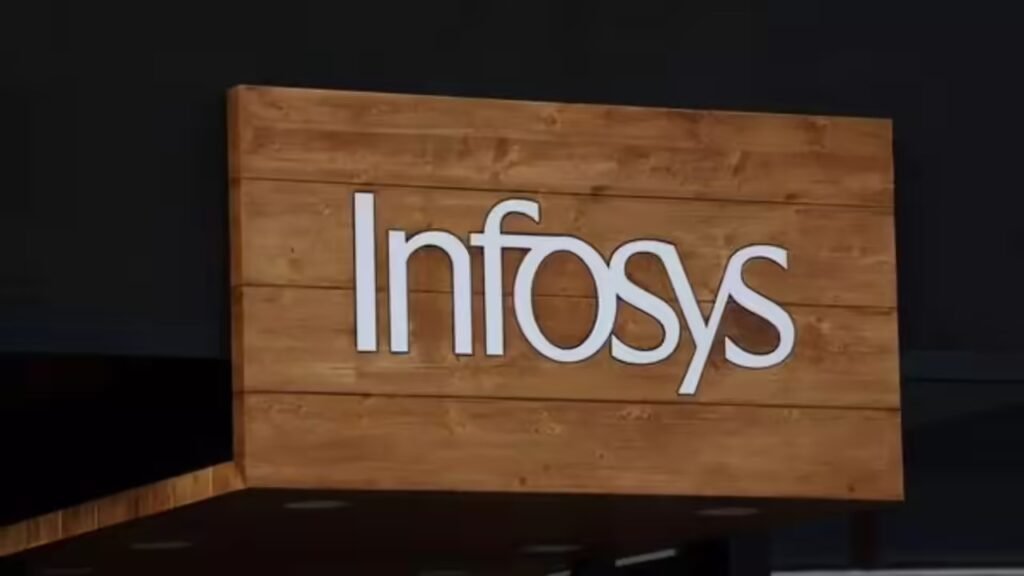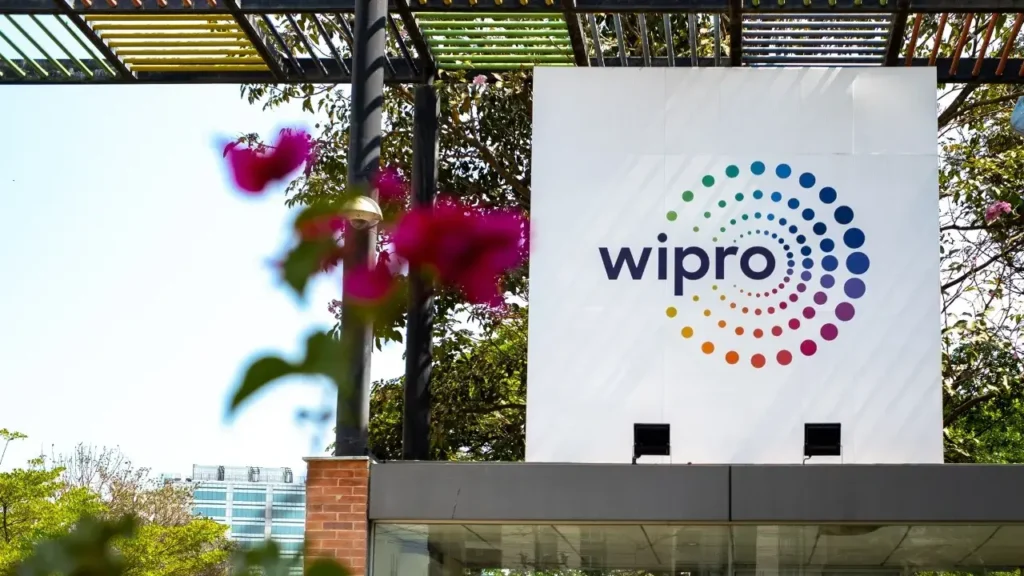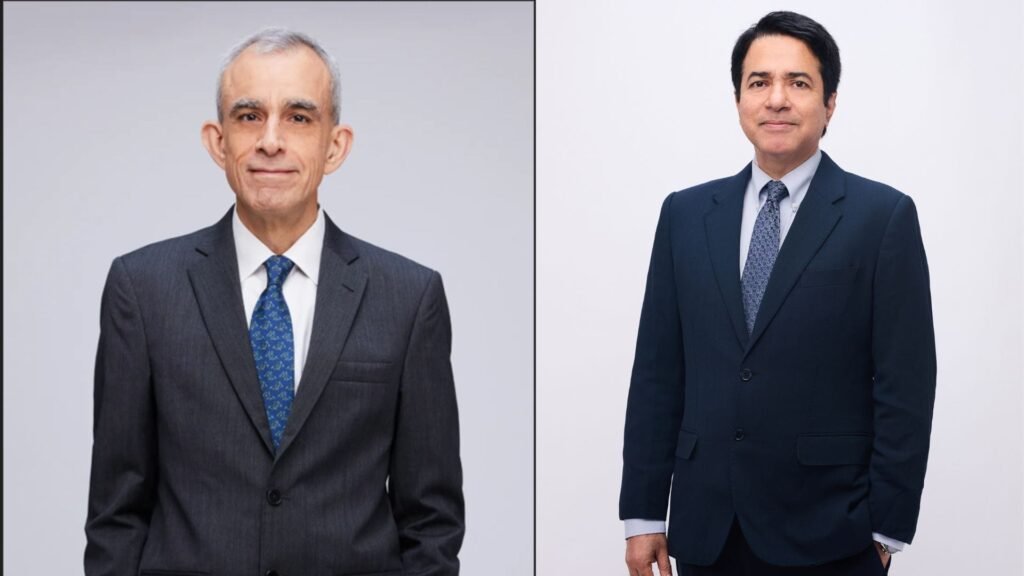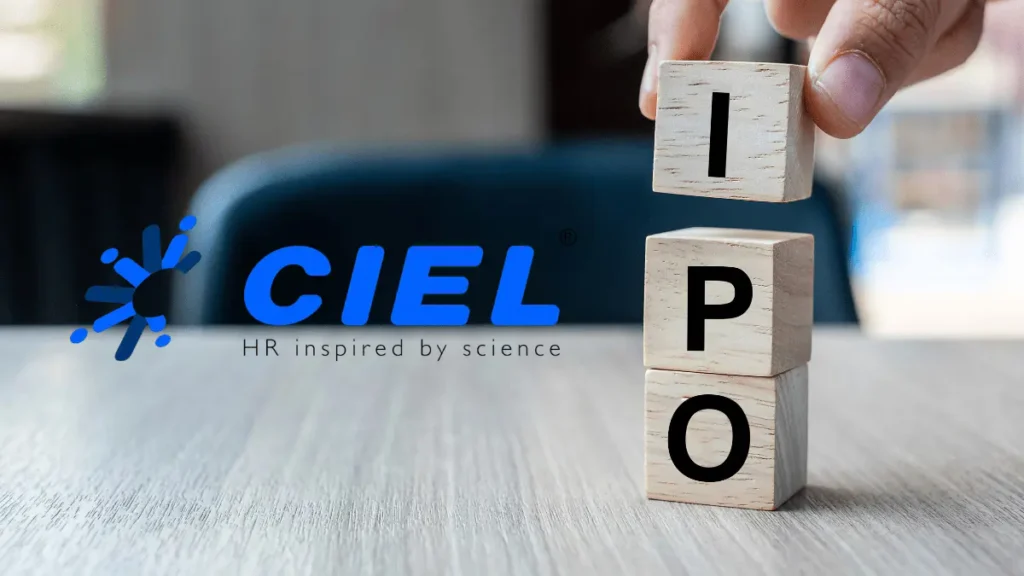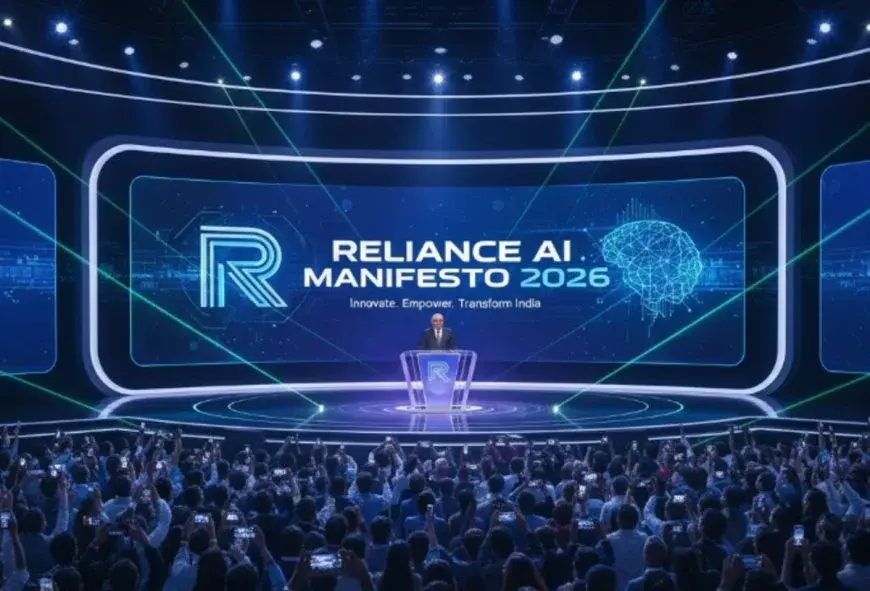Infosys limits WFH exemptions to five days per quarter, aligning with stricter policies at TCS and Wipro
Infosys has further tightened its work-from-home (WFH) framework, placing a cap on exemptions from working at the office (WFO) at five days per quarter, except in cases involving serious medical conditions of employees or their dependents. Any request beyond this limit will require valid medical documentation, including a doctor’s verification. Currently, employees at job level 5 and below are mandated to work from the office for at least 10 days every month. The new restriction specifically applies to requests seeking additional WFH days beyond this requirement. Managers have informed teams that there has been a sharp rise in last-minute WFH requests, prompting the company to enforce stricter planning and system-based pre-approvals rather than informal email requests. Managers have also clarified that requests not aligned with policy leave them with little flexibility. While Infosys has not officially commented, people familiar with the matter said that the company continues to allow up to 30 additional remote working days in cases of critical medical emergencies. The move is notable as Infosys leadership had recently stated that no changes were planned to its hybrid working approach. CEO Salil Parekh, during a post-earnings interaction earlier this month, had emphasised flexibility in how employees engage with the company and its clients. Infosys, which employs over 300,000 people, introduced its return-to-office policy in November 2023, requiring a minimum of 10 in-office days per month, though strict enforcement began in March last year. Employees must also spend at least three hours per day in the office. The tightening of norms mirrors similar steps by peers. Wipro has revised its policy effective January 1, requiring employees to work from the office three days a week for at least six hours daily, while cutting allowable remote days to 12 from 15 earlier. Meanwhile, TCS implemented a five-day office workweek last year and linked variable pay to office attendance, allowing limited WFH only for health-related reasons. Industry observers say these measures reflect the IT sector’s push for greater in-person collaboration amid shorter project cycles and slowing revenue growth, especially as AI-driven automation reduces dependence on large, people-intensive delivery models. Staffing experts suggest that 2026 could see more firms moving towards full-time office attendance, at least on designated workdays, to maintain agility and team coordination. Source: Economic Times

